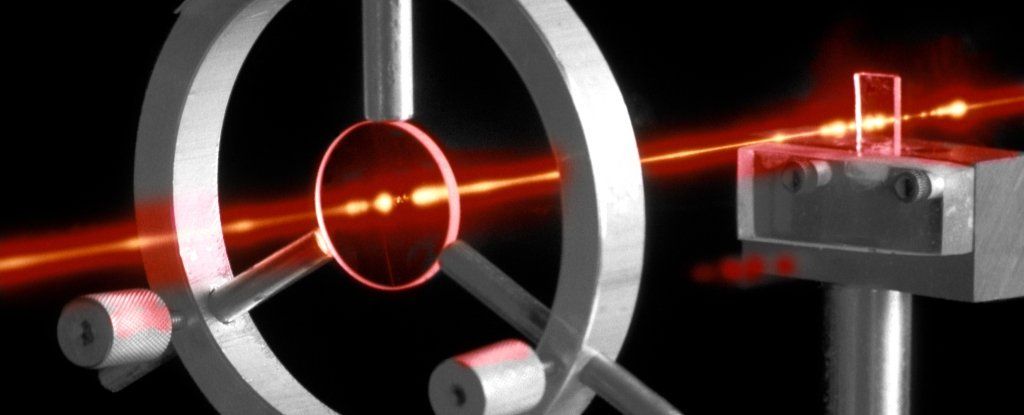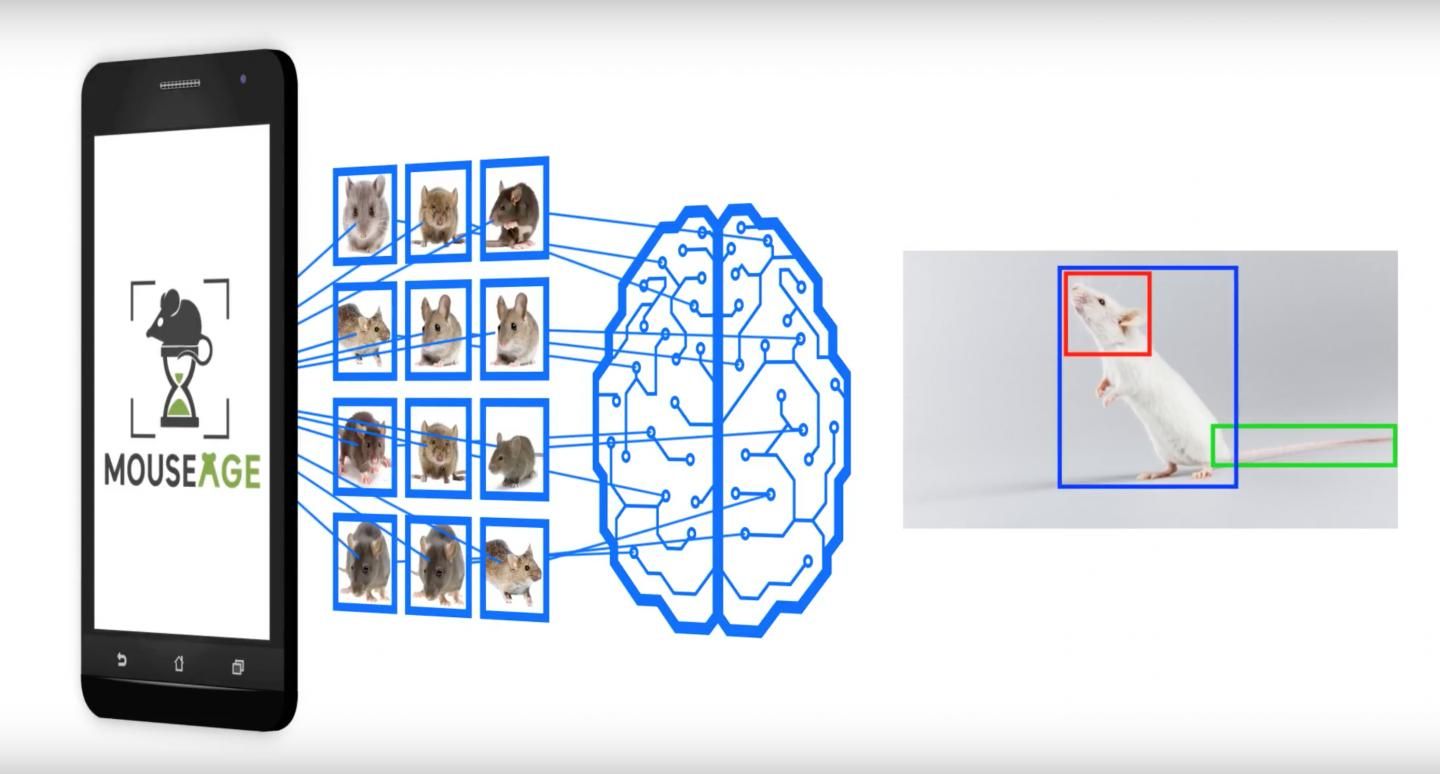Gravitational waves have opened up new ways to test the properties of black holes — and Einstein’s theory of gravity along with them.
Neutral-particle beams, a concept first tried in the 1980s, may get a fresh look under Michael Griffin.
“Directed energy is more than just big lasers, Griffin said. ”That’s important. High-powered microwave approaches can effect an electronics kill. The same with the neutral particle beam systems we explored briefly in the 1990s” for use in space-based anti-missile systems. Such weapons can be ”useful in a variety of environments” and have the ”advantage of being non-attributable,” meaning that it can be hard to pin an attack with a particle weapon on any particular culprit since it leaves no evidence behind of who or even what did the damage.
Like lasers, neutral-particle beams focus beams of energy that travel in straight lines, unaffected by electromagnetic fields. But instead of light, neutral-particle beams use composed of accelerated subatomic particles traveling at near-light speed, making them easier to work with (though the folks that run CERNs hadron collider may disagree). When its particles touche the surface of a target, they takes on a charge that allows them to penetrate the target’s shell or exterior more deeply.
This will be an annual conference series to promote awareness of age-related diseases and the ongoing scientific breakthroughs in rejuvenation biotechnology.
More info: https://www.undoing-aging.org/news/undoing-aging-to-return-in-2019
Millenials grew up under the technological halo of Moore’s law, enjoying booming exponential growth of computation power that ushered in the information age. It should come as no surprise that transhumanism has earned a degree of mainstream acceptance—from Hollywood movies to magazine covers and the latest sci-fi TV. Transhumanist beliefs will continue to permeate culture as long as the promise of technological progress holds its end of the bargain.
For transhumanist faiths, technology becomes a way of cashing checks religion helped write.
For instance, Silicon Valley engineer Anthony Levandowski—whom you may know from the Uber-Waymo lawsuit over self-driving car technology—recently launched the Way of the Future Church, a new religious organization based on developing godlike artificial intelligence. On its website, the Way of the Future states, “We believe the creation of ‘super intelligence’ is inevitable,” and according to IRS documents detailed by Wired, this new religion seeks “the realization, acceptance, and worship of a Godhead based on Artificial Intelligence (AI) developed through computer hardware and software.” This exuberance departs from the cautious stance toward A.I. taken by Hawking, Musk, and others who warn that artificial superintelligence could pose an existential threat. However, regardless of whether artificial superintelligence is seen as an angel or a demon, Hawking, Musk, and A.I. evangelists alike share the common belief that this technology should be taken seriously.
A young startup called Relativity is pushing space technology forward by pushing 3D printing technology to its limits, building the largest metal 3D printer in the world. And other major companies anxious to try these new ways of manufacturing, too. Science correspondent Miles O’Brien looks at some of the amazing advances that’s launching the technology into a new era.
Theoretically, it should be possible to turn light into matter. In practice, well — “easier said than done” is an understatement.
Now, 84 years after the process was first theorised, some researchers reckon they’re going to be able to do it — and they’re about to start the experiment.
It’s called the Breit-Wheeler process, and it all has to do with E=mc.









